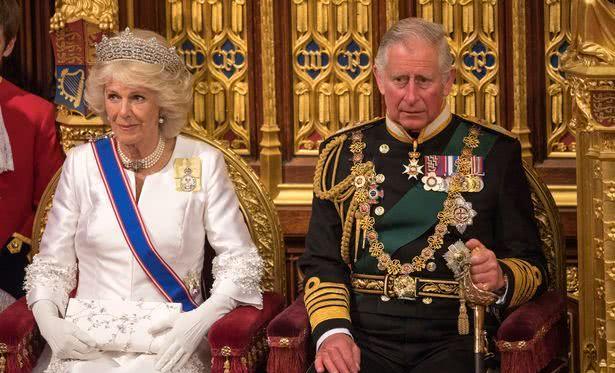According to the British "Daily Star" reported on February 8, Richard Fitzwilliams, a royal commentator in the United Kingdom, said in an interview with the Daily Star this week that Prince Charles may not use his name "Charles" as a monarchical title when he succeeds to the throne, but changes his name to King George.

Prince Charles and his wife Camilla
Prince Charles, 71, will inherit the throne after the death of the current Elizabeth II, and although the British public believes that Prince Charles will become King Charles III in the future, this may not be the case as it stands.
Queen Elizabeth II with Prince Charles
Under royal rules, Prince Charles, whose full name is Charles Philip Arthur George, can choose his own name as a monarchical title or a middle name when he is crowned. According to media speculation, in 2005, Prince Charles actively discussed abandoning the title of "Charles III", because the fate of the kings named "Charles" in British history was unfortunate.
Charles I was the only member of the British royal family to be tried and executed for treason, and his son Charles II was also known for his legendary love life, which caused plague and fire in London during charles II's reign.
Charles II in British history
So now many commentators in the British royal family believe that Prince Charles may give up his name after succeeding to the throne, and many royal commentators speculate that Prince Charles will use the third name in the middle, "George", to crown him as George VII.
Former British royal press spokesman Dickie Abbit also told the BBC: "Prince Charles is likely to choose the name 'George', which is not only a memorial to his grandfather (King George VI), but also a memorial to his late grandmother."
Royal commentator Richard said in an interview this week: "Queen Victoria's name is Alexander Victoria, but she chose Victoria. Therefore, if Prince Charles abandons the use of the name 'Charles', there is also a precedent to follow. ”
Queen Victoria in British history
The Constitution Department at University College London also explained that when Charles became king, he was free to choose his royal title.